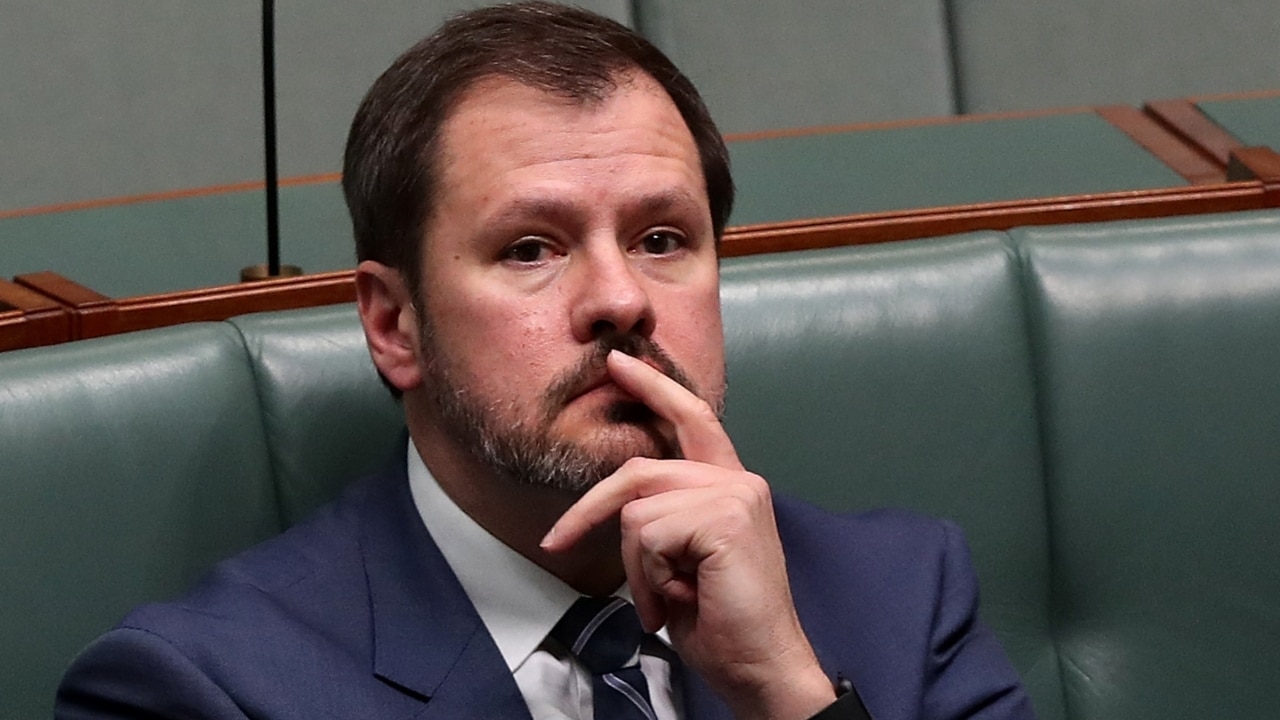Housing market is getting ready for higher demand after July 1
Mortgage brokers are telling homebuyers to hold off until after July 1 tax cuts when they’ll be able to borrow more, countering Labor’s promise the measure wouldn’t be inflationary.

Business
Don't miss out on the headlines from Business. Followed categories will be added to My News.
One of Australia’s biggest players in mortgage broking is telling house buyers to hold off until after July 1 tax cuts when they will be able to borrow more, derailing Labor’s promise the budget measure wouldn’t be inflationary.
In its latest update Mortgage Choice said that under the July 1 tax cuts a homebuyer with a $100,000 income would see their borrowing capacity increase by about $25,000.
A buyer earning $150,000 could borrow about $37,000 more, it said.
“We have people all the time, they are missing out by $30,000 – in some segments of property – especially first home buyers the extra take home pay is going to make a meaningful difference in their ability to purchase,” Mortgage Choice broker James Algar said.
Although Treasurer Jim Chalmers has bet the move to unleash $23bn into the economy in the form of higher after tax salaries will not rekindle inflation – recent surveys suggesting Australians will save the majority of their ‘stage 3’ tax cuts are now being questioned.
And house prices will almost certainly be bid higher, agents say.
The tax cuts will kick in at different levels for different salary levels. For a middle earner on $67,600 it will mean a cut of $1,369 a year.
It comes as the latest inflation figures released Wednesday showed the key inflation rate lifting once more from 3.5 to 3.6 per cent for the month of April.
“This is the second straight month where inflation has moved in the wrong direction. Not yet a trend, but a worrying development nonetheless,” Moody’s Analytics reported.

Mortgage brokers and real estate agents have reported a weakening of the residential property market in recent months. After opening with a strong start in the first quarter, house prices barely inched ahead in recent months with Melbourne prices now in decline.
However, a fresh and ongoing increase to borrowing capacity is very likely to help push prices higher for certain sectors in the second half of the year, they now say.
“If you are looking at the top end of the market, tax cuts won’t matter much,” Wakelin Group buyers advocate Jarrod McCabe said.
“But if you are talking about the lower end of the market – and in the regions especially with home buyers then every single extra dollar helps.”
Two major banks – NAB and Westpac – recently released survey results which suggest most Australians intend to save their extra money.
However, Betashares chief economist David Bassanese said increased borrowing capacity wasn’t fully considered.
“I would take these surveys suggesting people will save the tax cuts with a pinch of salt – people often give the answers they think are appropriate,” he said.
“I don’t think the issue of increased borrowing capacity has been fully considered.
“Anytime you give people more to spend it lifts demand and this will feed into inflationary pressures.”
Assessing the tax cuts before Wednesday’s surprise uptick in inflation, Westpac economics team had suggested there were “fears that persistently high inflation may require further interest rate rises”.
Having surveyed consumers on the tax cuts, Westpac then reported that households plan to save around 80 per cent of stage 3 tax cuts.
A closer look at the survey numbers however showed that up to 20 per cent of Australians may not even realise that tax cuts are coming in July.
It is also very difficult for any analyst to model how people will spend a regular and incremental improvement in take home salary. In many cases tax payers may simply adjust to the improvement in income rather than resetting any particular savings plans.
Interestingly, Westpac covered itself for unwanted surprises adding: “Plans change and intentions to save may fall by the wayside”.
As economist Chris Richardson has suggested: “We’re five weeks away from more than one and a half per cent of national income arriving as government tax cuts and spending increases, so we need to hope saving is about to rise.”
More Coverage
Originally published as Housing market is getting ready for higher demand after July 1





